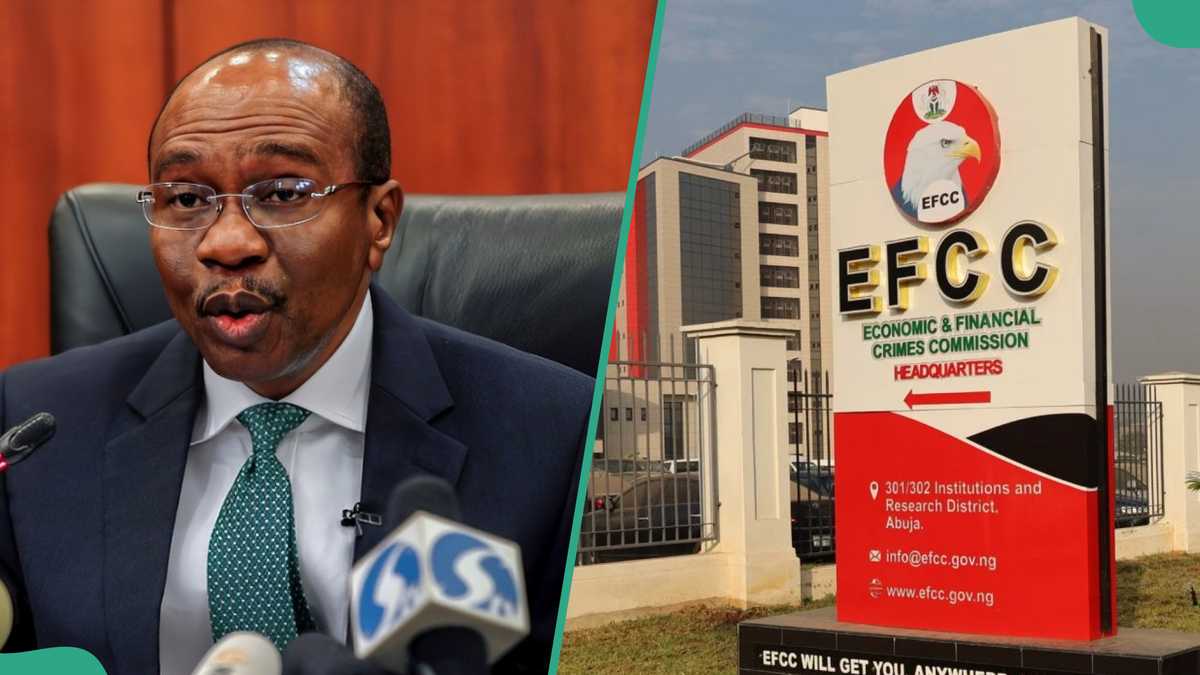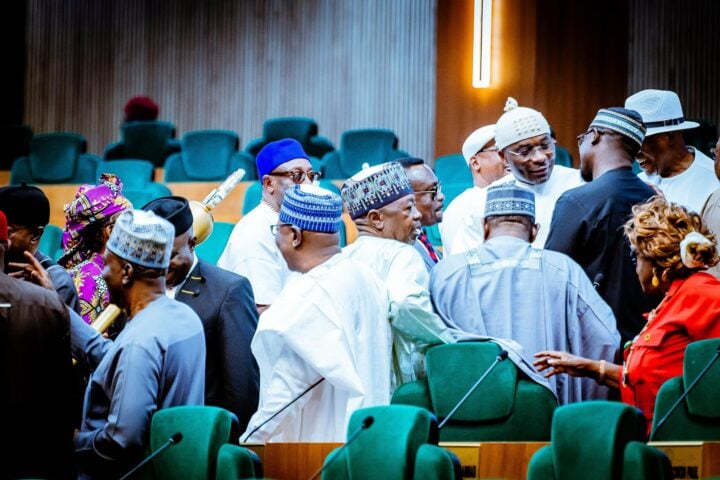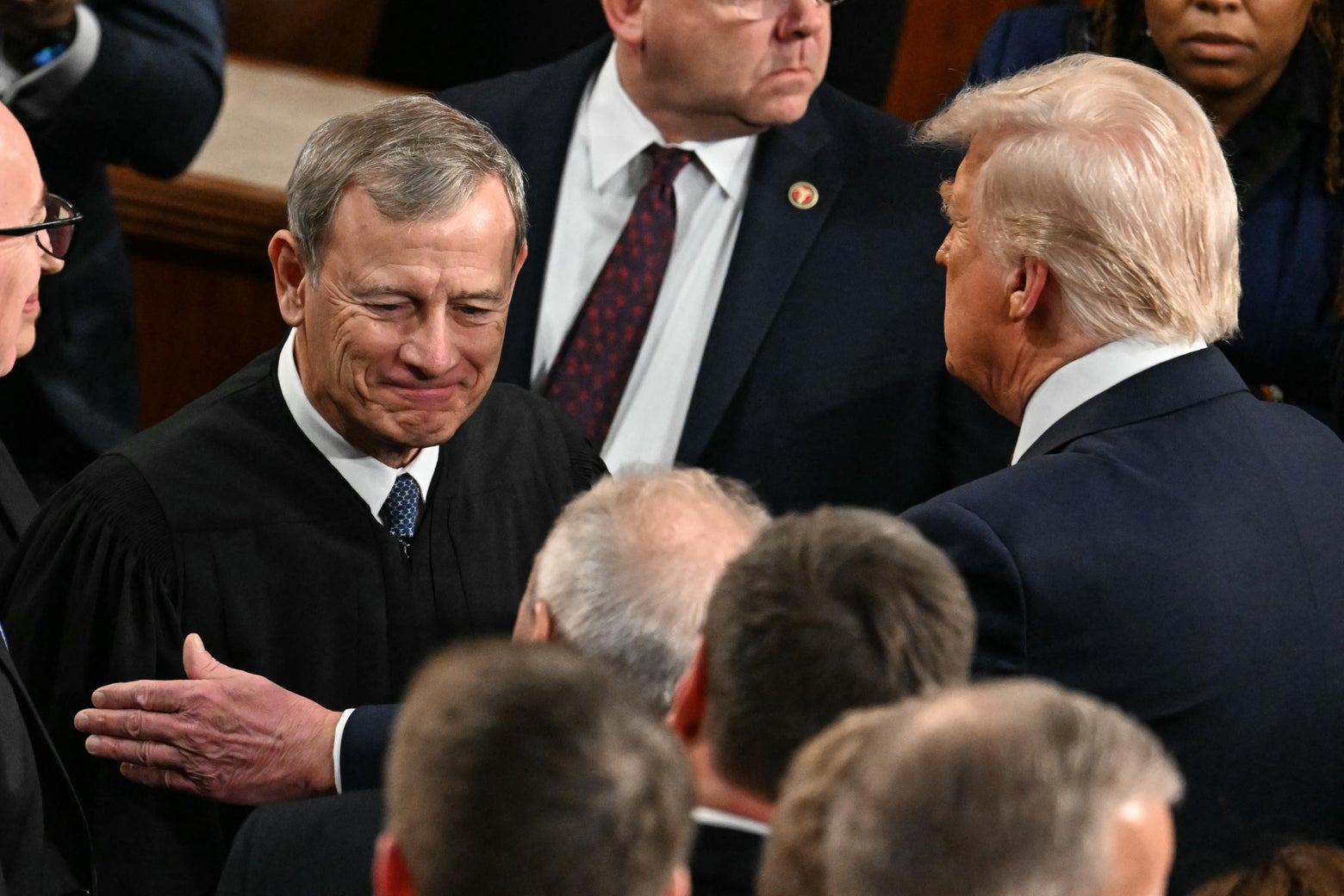
A split U.S. Supreme Court on Thursday blocked a bid led by two Catholic dioceses to establish in Oklahoma the nation’s first taxpayer-funded religious charter school in a major case involving religious rights in American education.
With conservative Justice Amy Coney Barrett recusing herself from the case, the 4-4 ruling left intact a lower court’s decision that blocked the establishment of St. Isidore of Seville Catholic Virtual School. Oklahoma’s top court found that the proposed school would violate the U.S. Constitution’s First Amendment limits on government involvement in religion.
Barrett’s decision not to participate in the case left eight justices rather than the full slate of nine to decide the outcome. Barrett did not publicly explain her recusal but she is a former professor at Notre Dame Law School, which represents the school’s organisers.
When the Supreme Court is evenly divided, the lower court’s decision stands. The justices did not provide a rationale for their action in the unsigned ruling.
Set up as alternatives to traditional public schools, charter schools typically operate under private management and often feature small class sizes, innovative teaching styles or a particular academic focus. Charter schools are considered public schools under Oklahoma law and draw funding from the state government.
The Supreme Court has a 6-3 conservative majority. Barrett’s absence was key to the outcome in the case. The issue of the establishment of a religious charter school could return to the Supreme Court in the future to be heard before all its members.
The Supreme Court has recognised broader religious rights in a series of rulings in recent years.
During April 30 arguments in the St. Isidore case, divisions between the three liberal justices and the conservative justices who participated were laid bare as they explored the tensions between the first amendment’s two religion clauses.
Its “establishment clause” restricts government officials from establishing or endorsing any particular religion or promoting religion over non religion. Its “free exercise” clause protects the right to practice one’s religion freely, without government interference.
On balance, the five conservative justices who heard the case signaled sympathy during the arguments toward the proposed St. Isidore school, though Chief Justice John Roberts struck a note of ambivalence, posing tough questions to lawyers on both sides of the dispute.
—Reuters












